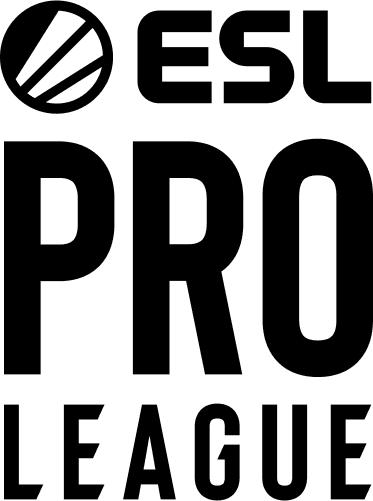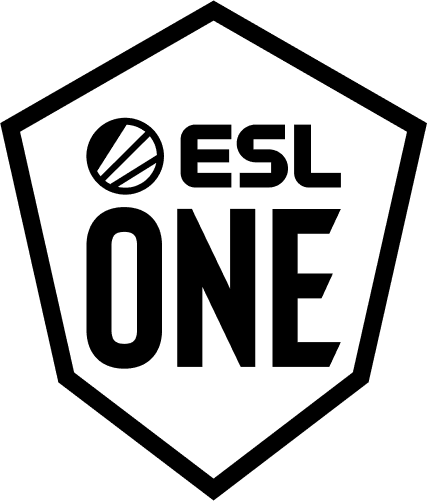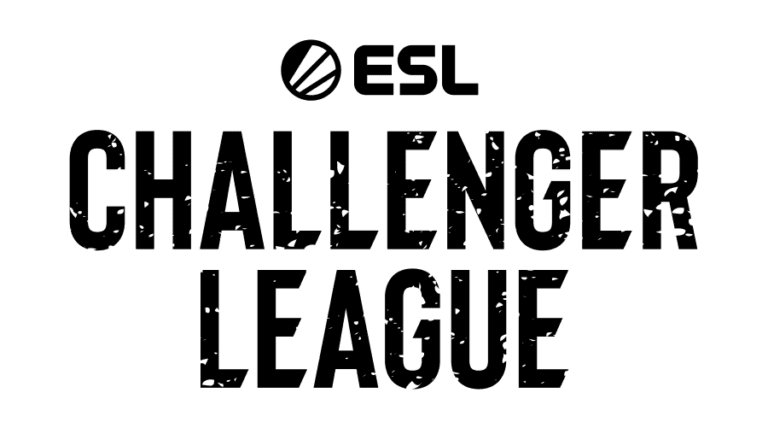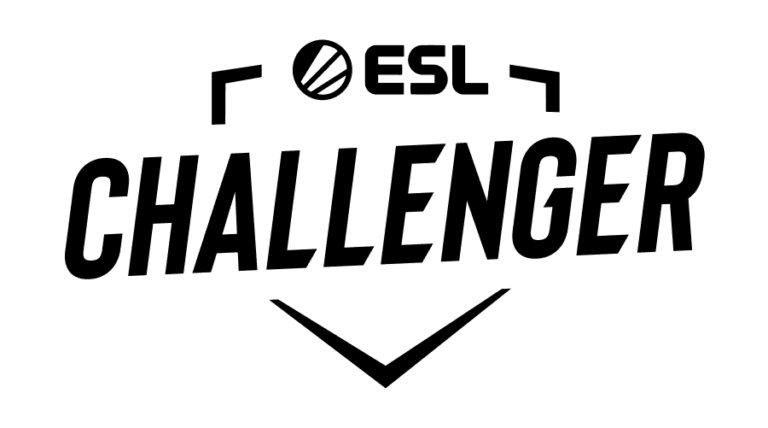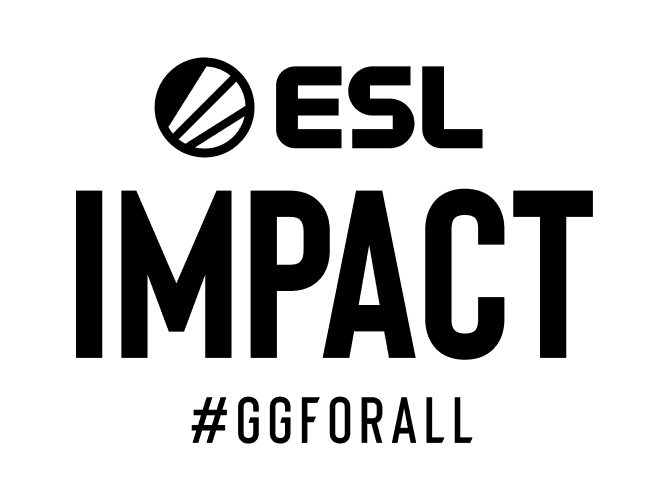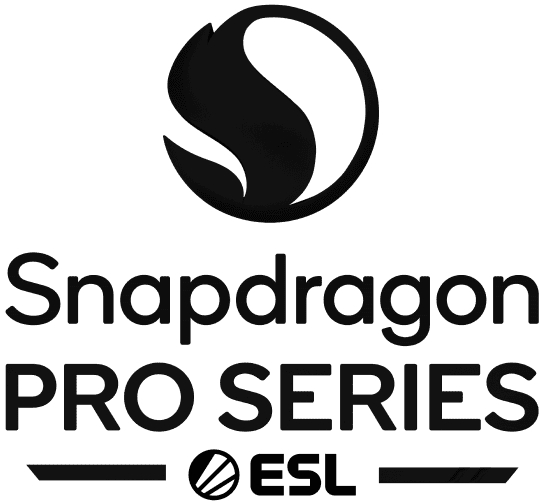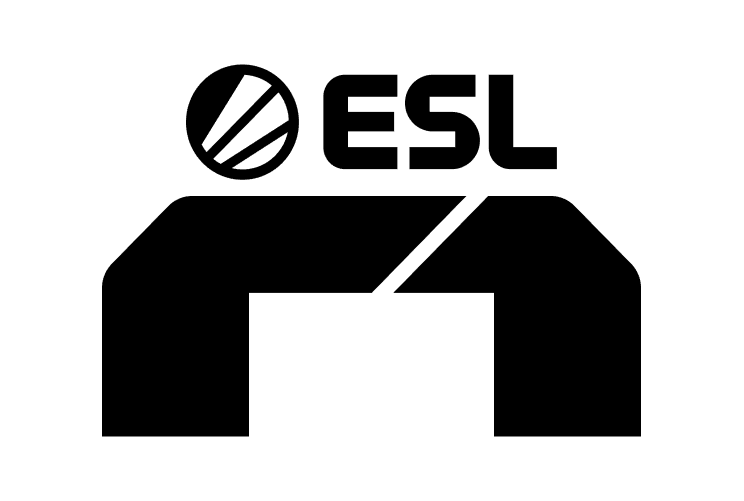Exciting things are coming! With gamescom 2014 right around the corner, there are more than just new games being revealed: there’s new gaming software on the horizon as well. The new ESL Matchmaking tool is one of those. We spoke to ESL employee Arne Peters about his work on the project and what we can expect from it.
ESL: You’ve worked for some impressive companies in the past - can you tell us a little about your work at Intel, Atari and Nintendo?
Arne Peters: Well, I've been working in computer and video games for a very long time and actually started on the development side before I happened to move more towards the business and general management side of the industry. I guess it was natural progression at that time as my background is both technical and marketing. When Intel offered me to take over the responsibility for their games and multimedia strategy, and that included working pretty closely with developers and publishers worldwide but also with technology providers and middleware/tools companies, I couldn't resist.
I believe in a close connection between all the different parts in game development and publishing - in a positive and respectful way, of course. It's just that people seem to speak different languages at times.
ESL: Brilliant! What inspired you to take a step away from the publishing side of things and join ESL?
Arne: Ralf Reichert (co-founder of Turtle Entertainment) and I have known each other for many years now. It started when I was at Intel and there we have always been a dedicated supporter of Turtle's eSports and ESL activities. So, Ralf mentioned that there are these tech tools that have been developed internally over many years and that he believes that it's time to seriously start offering them to game developers now. It didn't take much longer to get me hooked!
ESL: We know you’re working on the new ESL Matchmaking tool. Can you familiarize our readers with the existing VERSUS tool and how exactly the new Matchmaking tool differs?
Arne: VERSUS is the ESL's own matchmaking service and was developed with the eSports community in mind. It basically enables skill balanced, organized matches of the players' favorite games and can be signed up to online.
ESL Matchmaking is based on this work and is now what is known as SaaS (Software as a Service). It uses the VERSUS technology and the new SDK allows the developers of online multiplayer games, whether PC, console or mobile, for ESL Matchmaking to be integrated into their games via an API. The ESL Matchmaking infrastructure takes care of all the complex processes, creating parties/groups, matchmaking, creating matches, rankings and all the administrative backend.
ESL: So what are your goals in creating a new matchmaking tool? What are the top concerns for you?
Arne: Everyone who played a multiplayer game before has surely had some bad experience in how matches are being set up and finding available and appropriate players to play with or against. Sad, but true, but I have even experienced this effect on turn-based tablet games, where you sometimes have to wait forever before the other player actually takes his turn or he's just so unexperienced that he ruins the whole gameplay. So, our goal is, no doubt, to provide the best possible multiplayer experience for every game. And we want to make it as easy as possible for game developers to make use of ESL Matchmaking so they can focus on game design and balancing.
ESL: One concern that a lot of players have has to do with how an individual fits into a team. What is the best way to judge an individual’s performance in a game when you’re only provided with end-game statistics?
Arne: We are using a skill-based queue matchmaking with very complex algorithms to determine the best participant combinations for a match.The data created in the matches is then used again to adjust the skill ratings of the players.
ESL: Looking into the scene right now, there are a lot of different attempts to achieve the 'perfect' matchmaking system. What is it about your system that works so well?
Arne: 'Perfect' matchmaking is highly complex. It takes the individual needs of each game into account - it's fast, reliable and flexible. That's a lot of things to take into consideration!
If you have rather low expectations, perhaps - as a developer - all you do is to somehow bring the players together, no matter what. It's the cheapest way, but why develop a great game and not care about how people experience multiplayer?
And, if you have high expectations, you can assign internal resources and develop everything from ground up by yourself - and try to make it your own 'perfect' matchmaking. Maybe it will be, maybe not. But why use resources that would be better off focused on how the game itself works and its balancing when you can use a tool, developed by a very experienced team over many years, that can handle all of the things mentioned above?
I remember times in game development, when very many developers strongly insisted that the best way to develop a game was to do everything on your own, engines for graphics, physics, audio, cross-platform and so on. Well, times have changed, and there are many possibilities and tools now that help developers focus on creating better game experiences.
ESL: How do you plan to deal with people who will set out to exploit the matchmaking system by 'smurfing' or purposefully tanking their rating, etc.?
Arne: Our tool was developed to avoid manipulation in the matchmaking process by gathering data and statistics that help identifying such activities. ESL Matchmaking also works well with our very own Anti Cheat tool, developed to provide the best possible security against cheaters.
ESL: Do you think that the ESL Matchmaking tool has the potential to transform a game without eSport potential into a game that thrives on a competitive level?
Arne: That's actually our intention. Games that really fit in the eSports world should have that certain competitive game design in their DNA and the proper balancing that makes people play them over and over again and other people enjoy watching them excitedly. But then, of course, the player matchmaking is so very important - nd that's where we come in and help. If you rephrase the question by asking if ESL Matchmaking will transform an existing eSports potential into much higher eSports potential, then the answer is a very convincing yes!
ESL: Interesting. So, where will you be debuting this matchmaking system and where can we find out more about it?
Arne: During the two developer conferences GDCE and Respawn, as well as at gamescom, all currently happening in Cologne, Germany, we officially kick off the free SDK and documentation and meet with developers and publishers from around the world. And those we can't meet in person can visit our website www.turtle-entertainment.com/tech, where you also find our contact details.
Be sure to check out the new ESL Matchmaking system when it is revealed later this week at the developer conferences at GDCE and Respawn. For more information, head on over to the Turtle Entertainment site for all the latest updates and information on the new matchmaking system!


